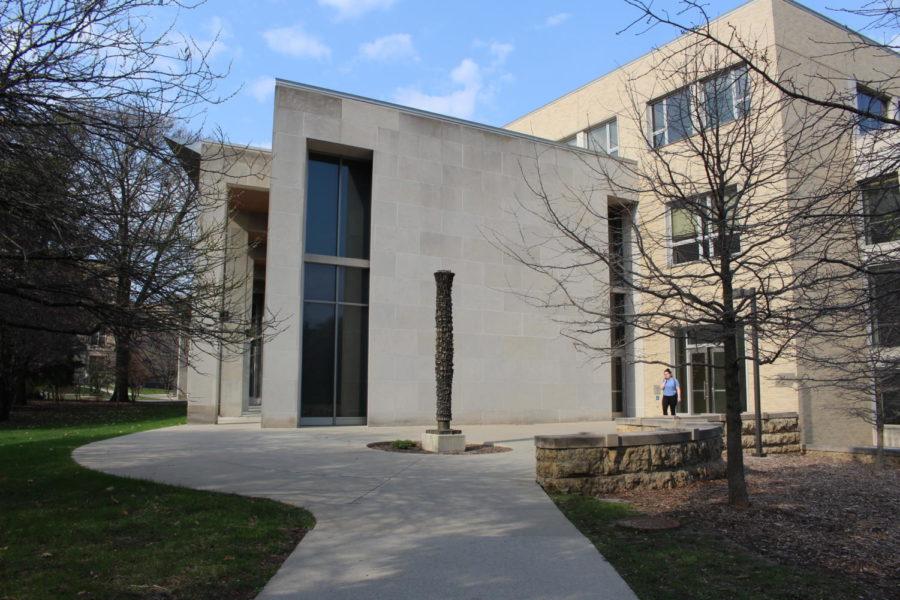Spanbauer: My majors don’t matter
business building
October 7, 2018
“What’s your major?” is one of my least favorite questions. Although I am proud of and love both of my majors, I hate telling people what I’m studying. When I do answer people, the information is usually received with smirks, puzzled looks and problematic responses such as, “you must hate men,” and “yikes, a liberal.”
As a journalism and women’s & gender studies double major at Iowa State, I am largely forgotten about on a campus dominated by engineering, business and agriculture majors.
Both of my majors require me to do an incredible amount of writing, which means I have to print textual readings and drafts of essays all the time. However, even with my two majors, I am only allotted 500 printing credits per semester. On the other hand, engineering and business majors are given 2,000 credits, most of which I’ve been told by friends within those programs, go unused.
As a journalism major, I need a 400 hour internship and with women’s and gender studies, I need a 120 hour one in order to graduate. The career services that Iowa State offers me is nothing compared to that of engineering majors. As an liberal arts and sciences student, I am stuck with the People to People career fair, along with design and human sciences students while agriculture, business and engineering students have their own separate career fairs.
Due to the lack of companies relating to my fields of study at the People to People career fair, I am left making Google searches and mailing in applications, while other majors have their own career fairs that bring in hundreds of local and national companies.
Moreover, the College of Engineering requires the companies who come to the career fair to provide paid internships to fulfill their students’ internship requirements. This is a huge advantage for such students who, unlike me, will not have to fight with the finances of choosing between valuable internship experience and a summer job.
These inequalities among the colleges and degree programs on campus lead to an almost class-system structure amongst students. Those who are pursuing the “hard sciences” are advantaged over students who are not. In the long run, this impacts students who need better academic resources and career help.
The difference of getting a paid internship or a non-paid internship has pretty much determined what opportunities I am able to pursue and add to my resume. This can further impact the jobs that are available to me post-college.
Not to say that engineering, business and agriculture students don’t deserve these benefits, but it would be nice to see them equally accessible to all students. Yes, donors will continue to support colleges and funds at their own discretion. However, it seems unjustifiable that we allow such vast inequalities between degree programs.
The university needs to do better in making sure all students are equally supported, despite their academic program of choice.







